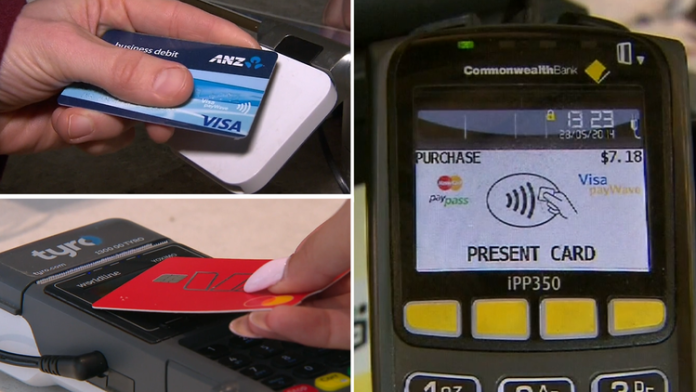The federal government has promised to crack down on the surcharges Australians face whenever they pay for something using a debit or credit card.The fees cost shoppers hundreds of millions of dollars every year, so why do they even exist in the first place, and what is actually going to change?This is what you need to know.
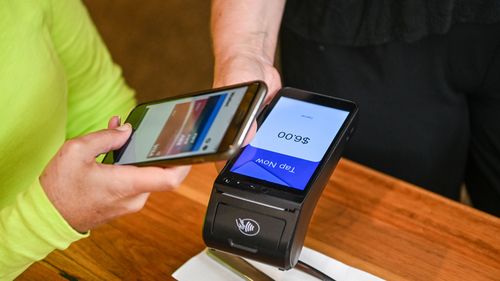
Surcharges on debit card payments are set to be scrapped. (Justin McManus/The Age)
What are card surcharges and why do they exist?
Card surcharges are a small fee – typically somewhere between 0.5 and 1.5 per cent – added to a purchase paid for using credit or debit.They exist because it isn't free for businesses to accept payments using those methods. Vendors are charged merchant fees for accepting electronic transactions.Under Australian consumer law, businesses are allowed to apply a surcharge to cover the cost of processing payments made by card – although it can't be higher than what they are charged.So if a cafe was charged 0.5 per cent to process a card payment, it would be illegal for it to have a surcharge any higher than that.There is a long list of other regulations about the fees, which the Reserve Bank covers in some detail.
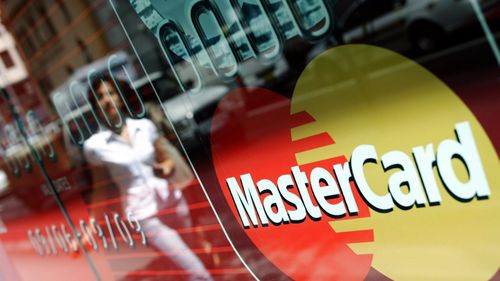
It isn't free for businesses to accept card payments. (Michel O'Sullivan/AFR)
Why is there a push to get rid of card surcharges?
In short, the cost.With cash on the decline and cards on the rise, surcharges are applying to more and more payments.An ABC analysis of RBA figures earlier this year found Australians pay about $960 million a year in card surcharges – no small figure in a cost-of-living crisis."There should be a fair and free way to pay with your own money – whether it be by cash or debit card," Choice head of policy Tom Abourizk said."Consumers are already feeling the pinch and sneaky surcharges are adding up to significant amounts for consumers across the economy."This is despite the fact Australia has a very low-cost eftpos network that debit transactions can pass through to avoid fees from multinational card companies like Mastercard and Visa."The cities where workers are most burnt out revealedView GalleryNot all businesses face the same costs, too – major retailers can often negotiate cheaper rates while small businesses can't – and there's also a concern about payment methods being treated differently, as cash surcharges aren't allowed, even though businesses face costs for those payments."There is also a fee for collection of cash," Assistant Competition Minister Andrew Leigh said."So it's not as though any way of paying for things is cost-free for the business."I think ultimately these are just really annoying for consumers and really adding up for families who find themselves under financial pressure."
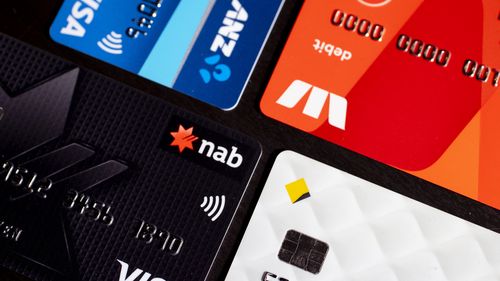
Australians are estimated to pay almost $1 billion a year in card surcharges. (Dominic Lorrimer)
What is the government going to change?
Surcharges on debit card payments look set to be scrapped, although the exact details are still up in the air.On October 15, Prime Minister Anthony Albanese announced the federal government was giving the Australian Competition and Consumer Commission (ACCC) $2.1 million in funding to "tackle excessive surcharges" and reduce payment fees.The government flagged it would likely ban surcharges for debit card payments, which RMIT finance professor Dr Angel Zhong says would save Australians about $500 million a year.Credit cards would not be affected by that change.
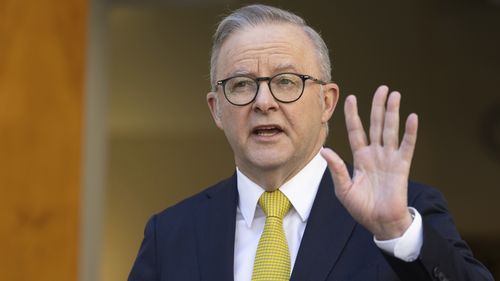
Anthony Albanese announced the government is preparing to ban debit card surcharges. (Alex Ellinghausen)
When will the changes come into effect?
January 1, 2026.The reason for the delay is the government is waiting on a Reserve Bank review of Australia's card payment system and wants to ensure neither small businesses nor consumers end up worse off after the changes."It is important to maintain an optimal balance to support businesses, which may have to bear extra bank costs to maintain payment machines," Zhong said."Some businesses may also find ways to bypass the rules by introducing other fees, such as service costs or higher holiday/weekend surcharges."The ACCC needs to monitor and address these practices as well."
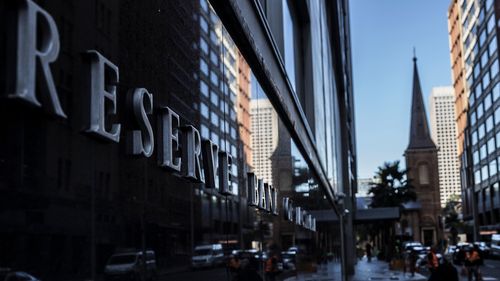
The Reserve Bank is currently reviewing Australia's card payment system. (Photo by Brook Mitchell / Getty Images)
Have other countries done something similar?
Yes. Both the United Kingdom and European Union have banned card surcharges, as has Malaysia.Debit card surcharges are also illegal in the United States and Canada, although fees for credit card payments are allowed.

